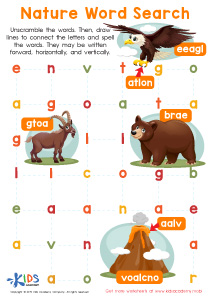Critical Thinking Sight Words Worksheets for Ages 5-8
5 filtered results
-
From - To
Unlock your child's potential with our engaging Critical Thinking Sight Words Worksheets, specifically designed for ages 5-8! These worksheets not only enhance sight word recognition but also cultivate essential critical thinking skills crucial for young learners. Through fun, interactive activities, children will analyze, compare, and apply their understanding of sight words in various contexts. Each worksheet encourages creativity, problem-solving, and vocabulary expansion, making reading more enjoyable and effective. Empower your child to become a confident reader and thinker with our thoughtfully crafted resources that foster independence and a love for learning! Start exploring today and lay a strong foundation for future success.
Parents and teachers should care about Critical Thinking Sight Words for children aged 5-8 because these words are foundational for developing literacy skills while also encouraging deeper comprehension. Traditional sight words help young learners recognize essential vocabulary, enhancing their reading fluency. However, incorporating critical thinking into the learning of these words encourages students to analyze, interpret, and evaluate language in meaningful contexts.
When children engage with sight words analytically, they learn not just to recognize them but to understand their usage, explore synonyms and antonyms, and identify language patterns. This holistic approach cultivates creativity and nurtures problem-solving skills, essential for academic success.
Furthermore, fostering critical thinking through exploration of sight words empowers children to express their ideas and feel confident in their communication abilities. By engaging in discussions around the meanings and implications of these words, young learners develop a lasting love of language and reading.
Moreover, teaching these skills early establishes a strong foundation for future learning, producing adept thinkers who adapt well to challenges. For parents and teachers, prioritizing Critical Thinking Sight Words equips children not only with necessary reading skills but also prepares them for lifelong learning and critical engagement with the world around them.

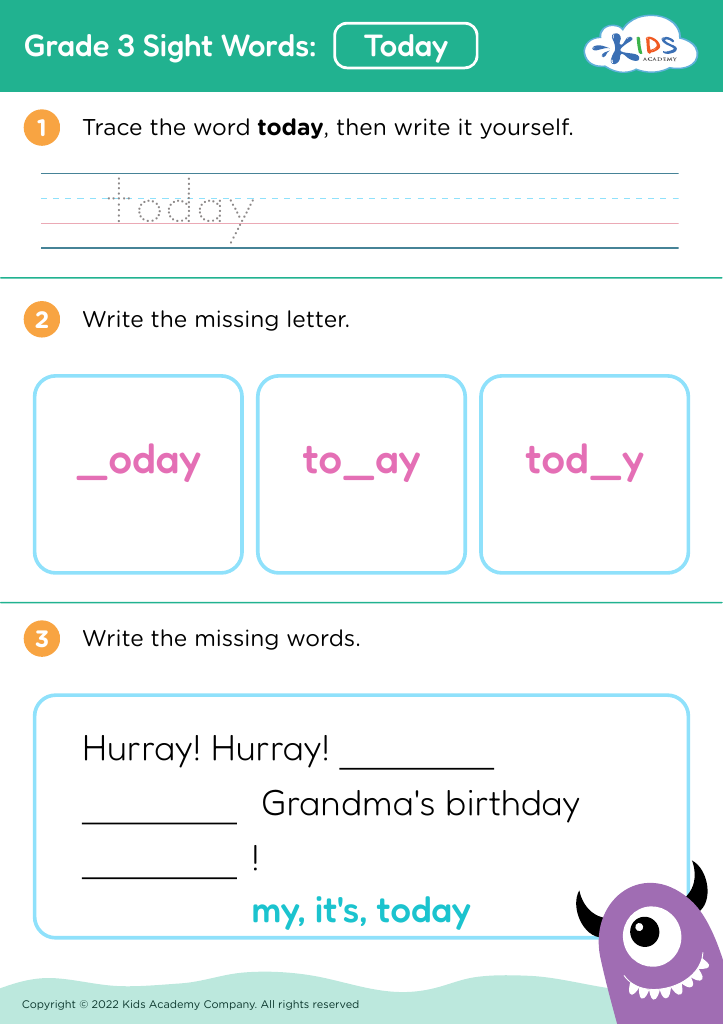
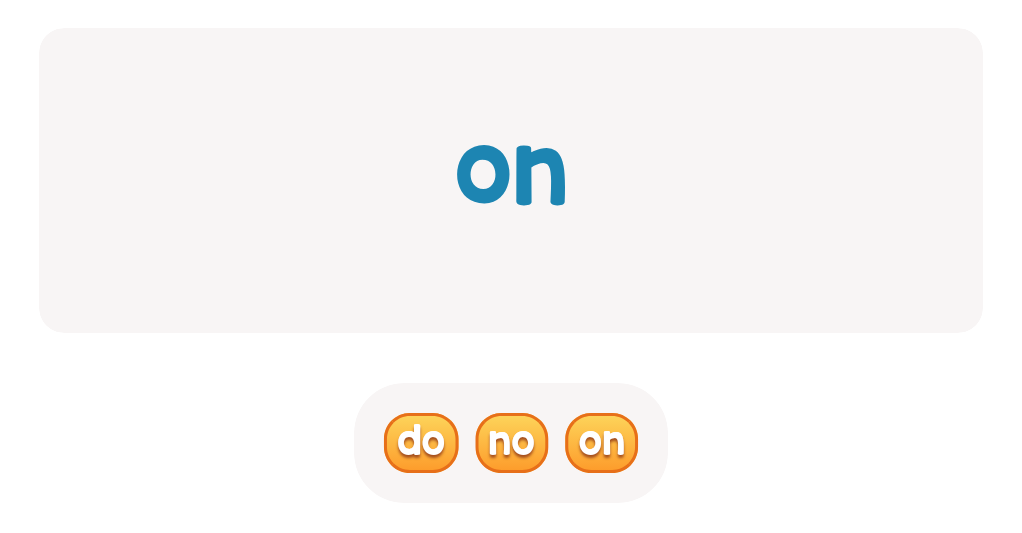
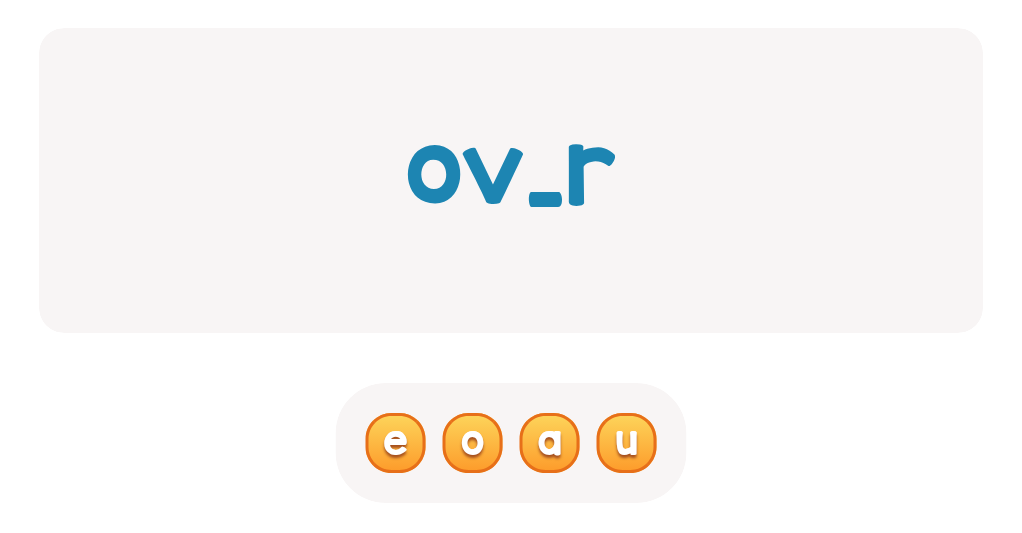
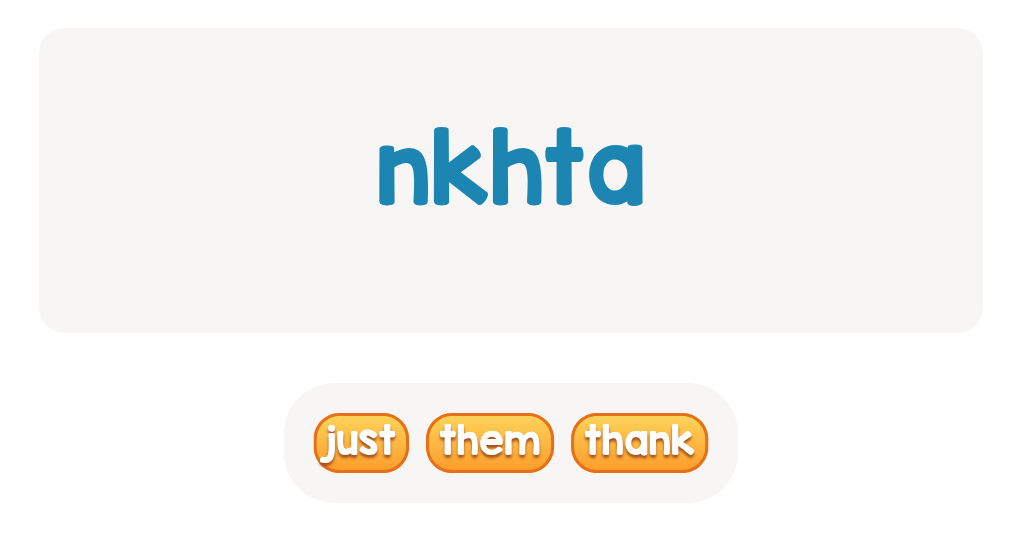
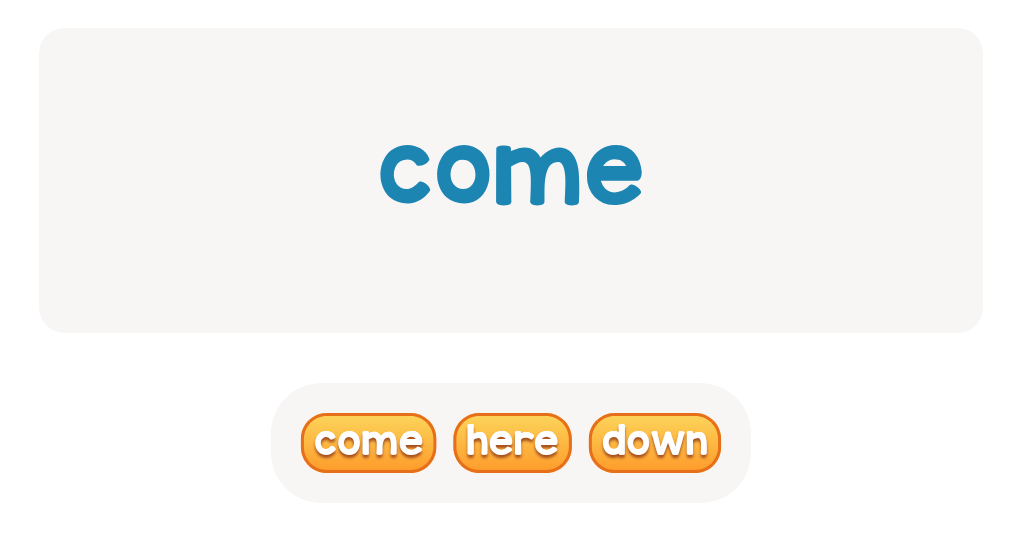
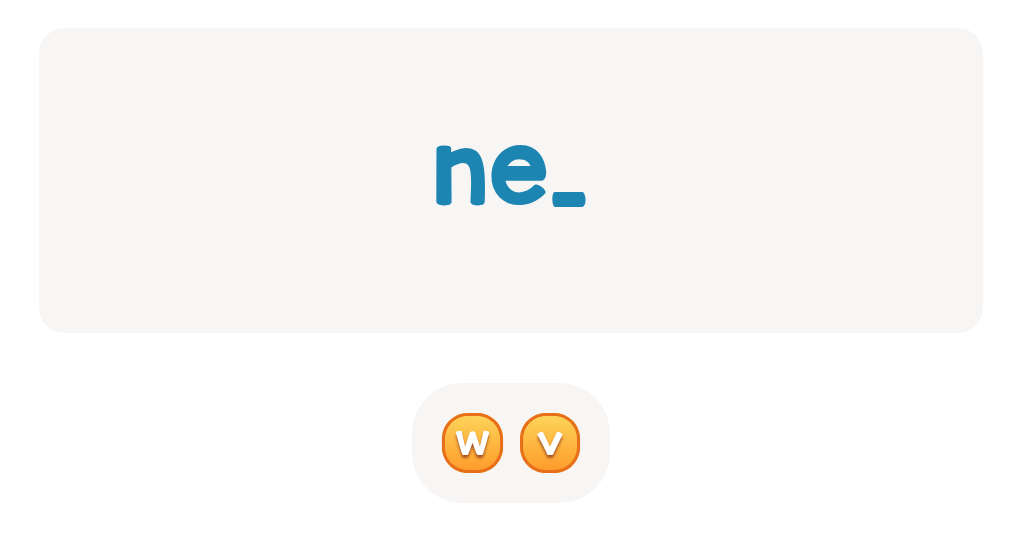
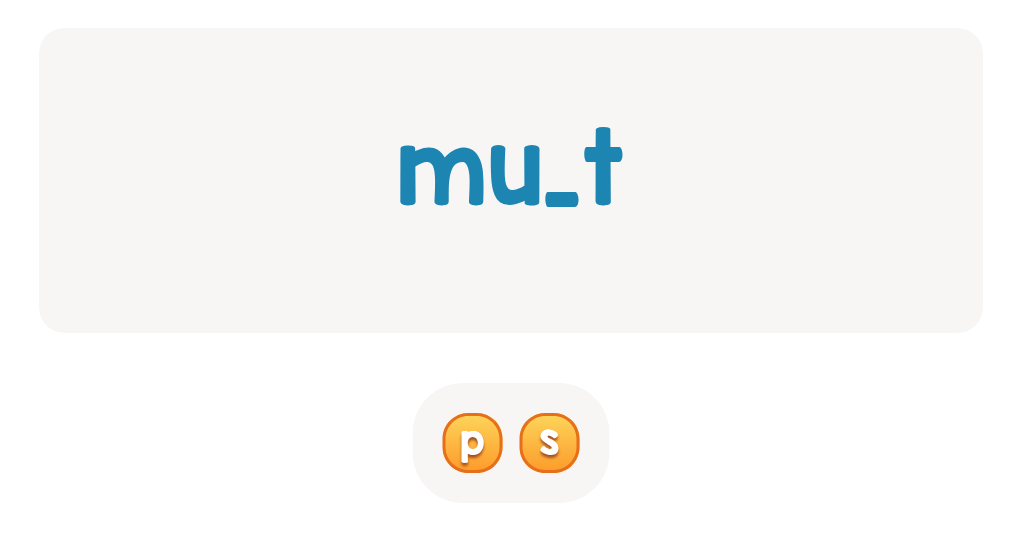
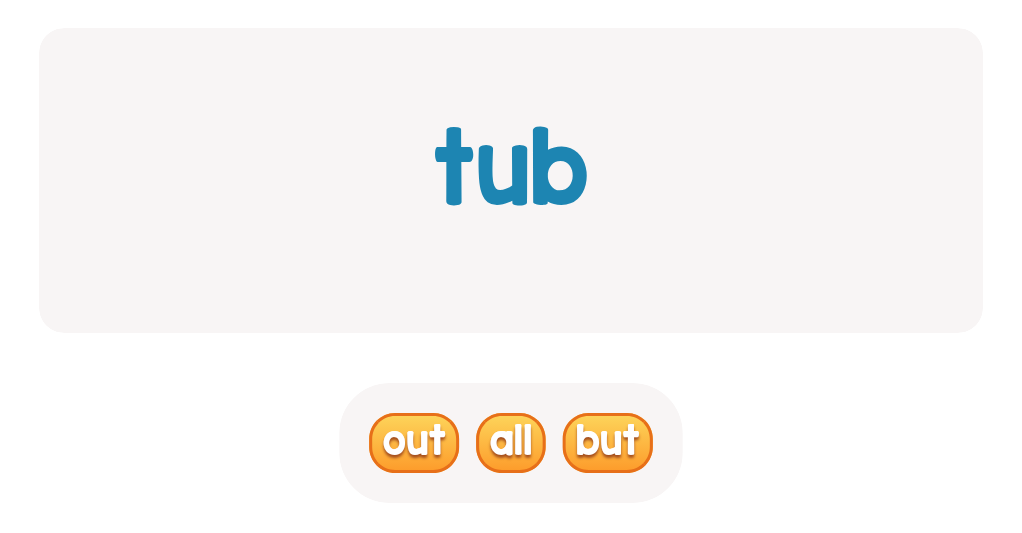
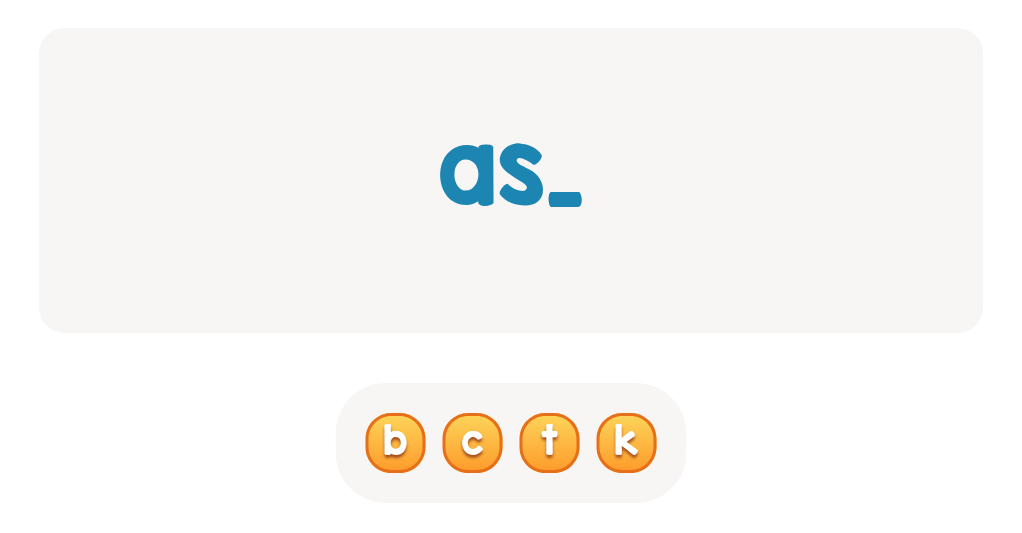

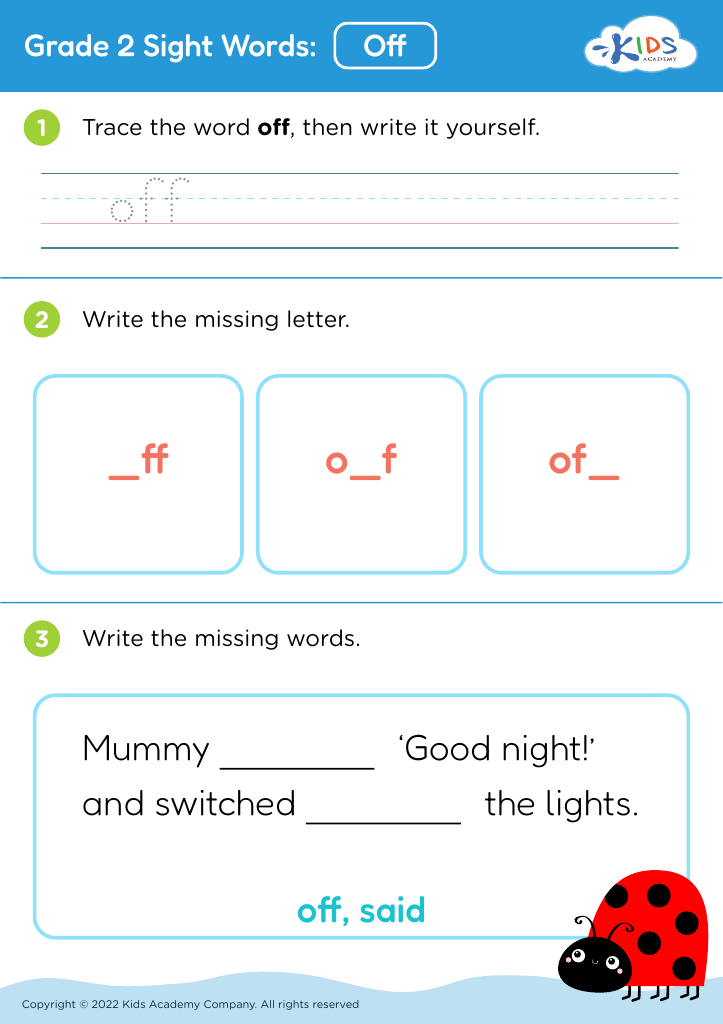
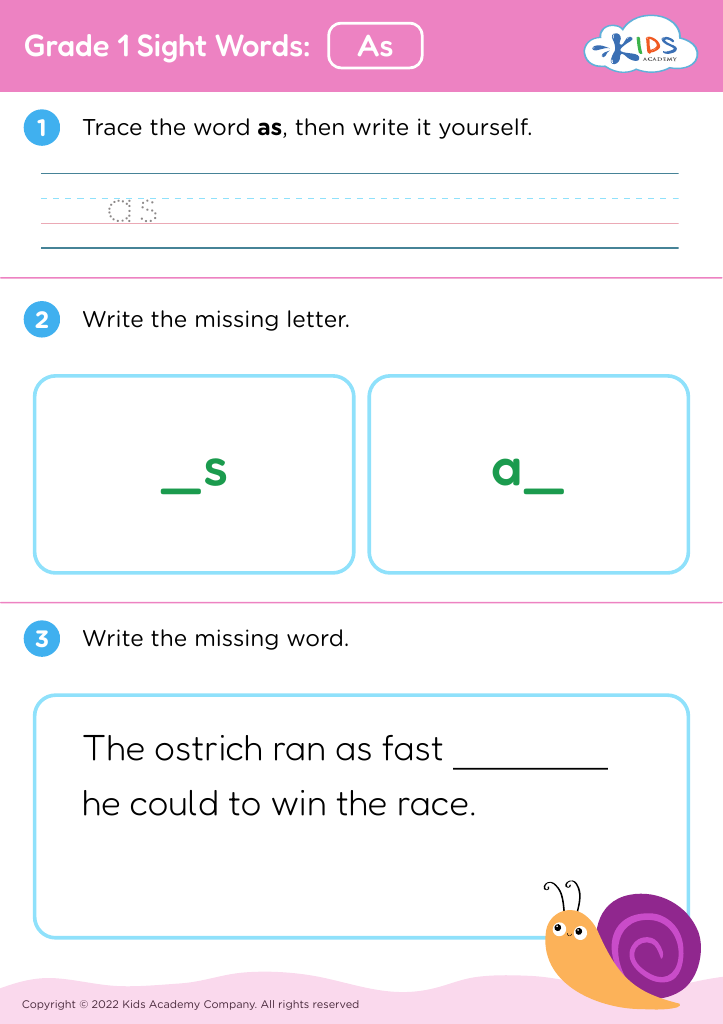
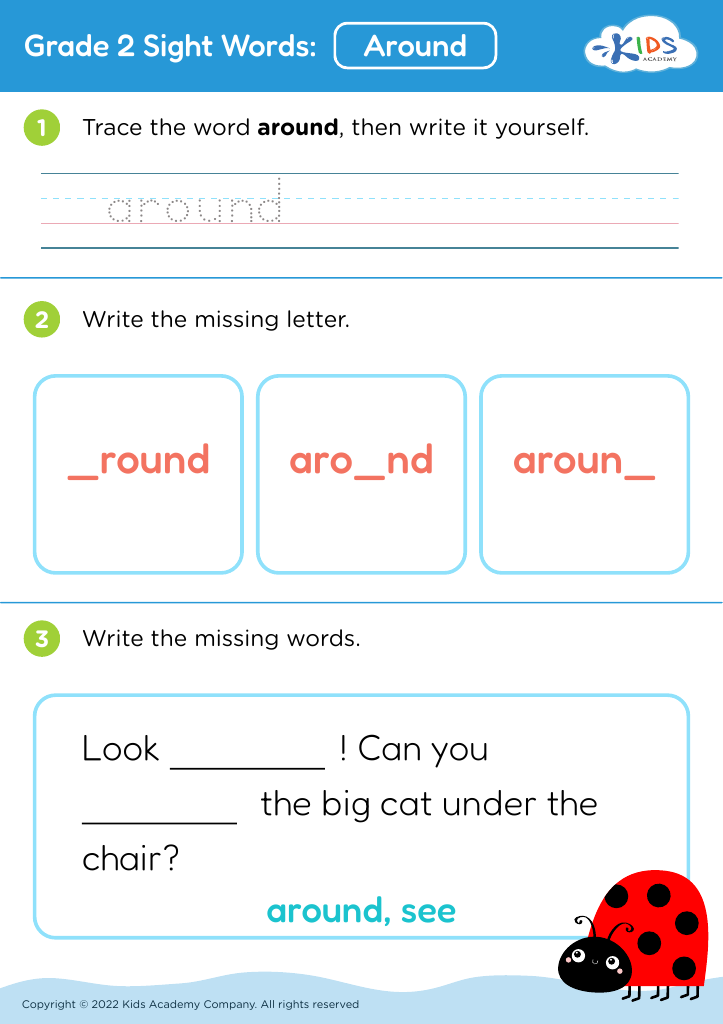





.jpg)





